December 2024
Posted Sunday 1st December, 2024
Life out on the farm can become a little harder now daylight hours have reduced quite drastically.
Ice, snow, rain and the smallest amount of sun can make day-to-day jobs slightly trickier. The diets of our livestock need to be closely studied to ensure that the pasture fed cattle are receiving the proper nutrition as growth of the grass is at its worst. Hay saved from the spring and summer is at the most valued this time of the year. The rich red clover hay provides nutrients and an abundance of protein which is much needed this side of the winter solstice.
A few days of heavy snow, followed by heavy rain has resulted in very wet fields especially down around the river. We can lose quite a large amount of the low-lying land to floods in times. Fortunately, no buildings are affected, and we just lose access to grazing pastures for our cattle. The sediment washed over the banks in the floods does have its uses though as come the summer months the rich and long pastures in these areas benefit the cattle immensely.
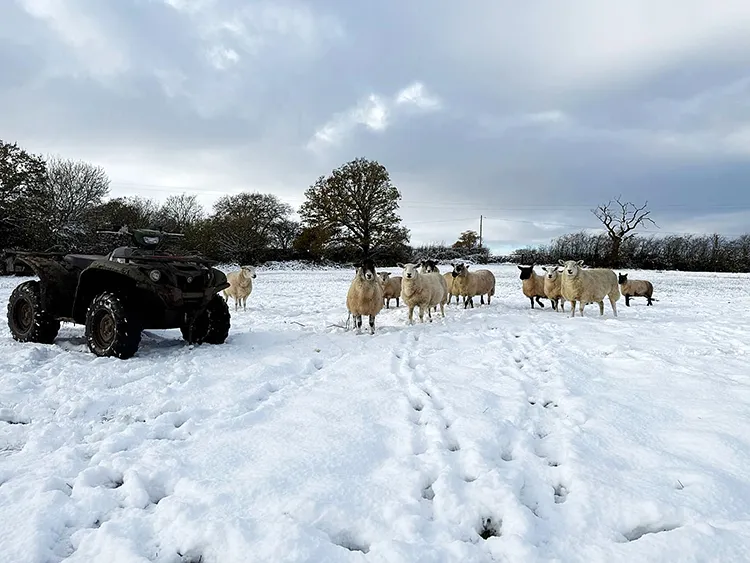
The rams will move fields in the next few weeks. We’re hoping they've done their job with the flock of ewes, and in early spring we have newborn lambs ready for the warmer climate (which we now pray for!).
A few more pregnant sows are starting to show signs that they are nearing the end of their pregnancy. The pigs are the shortest gestation of the livestock on the farm; typically 115 days whilst the cattle have the longest at 270 days. The diet of these animals whilst pregnant is super important as they've got to support more than their usual appetite. The farm team keep an especially close eye on any expectant mothers during their pregnancy to make sure all is ticking over as it should be.

 Sign in
Sign in



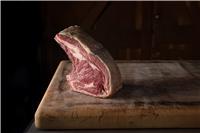
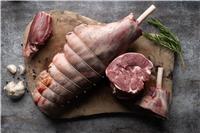

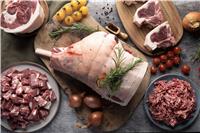
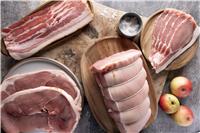
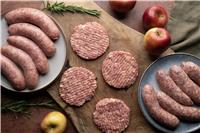
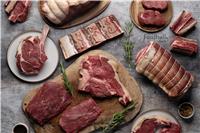
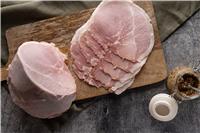
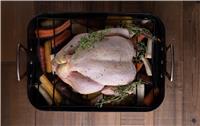
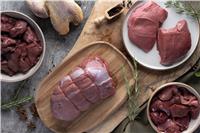
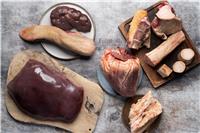
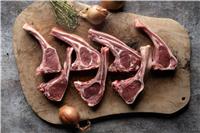

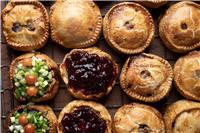


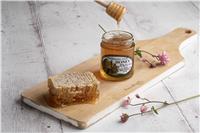

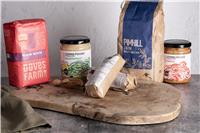


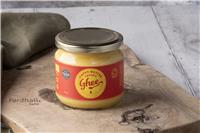
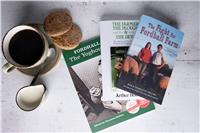
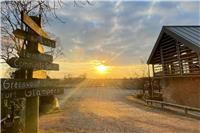

 BACK
BACK